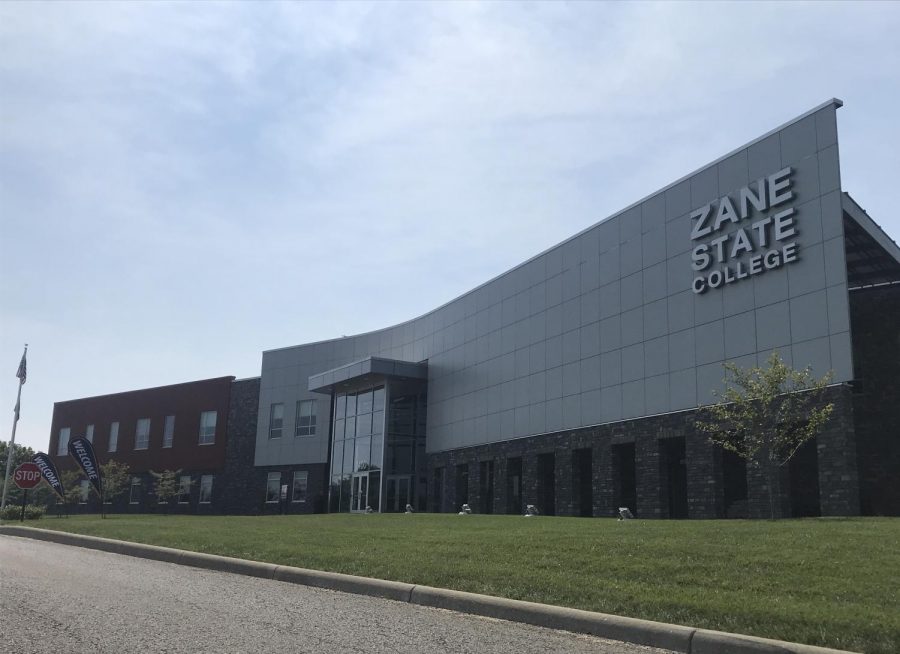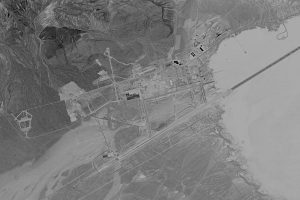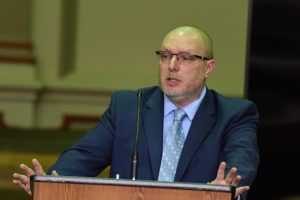National Science Foundation awards Zane State over $240,000 for STEM technicians
August 20, 2019
Zane State College recently received a grant from the National Science Foundation totaling over $240,000 that is dedicated to math gateway courses for STEM projects.
“Consistent with Zane State’s ongoing work to improve student learning and academic achievement, this grant from the prestigious National Science Foundation will accelerate the College’s efforts to bolster student performance so that this region has the skilled workforce it needs and our communities have access to good paying jobs that provide family sustaining wages,” Zane State College Chief Academic Officer and Provost Dr. Richard Woodfield
The grant, which aims to improve students success within mathematics, began mid-July and will be disbursed through June 2022.
In the grant abstract from the NSF, it explains that math courses at Zane State present a particular challenge for students in the engineering technology and environmental technology programs.
The grant, which totals $243,934, aims to improve students success in gateway math courses in order to support students through completing their degrees, as well as securing well-paying technician jobs upon graduation.
Through continued assessment and research, the grant will implement improvements to a gateway math program that is designed with best practices to help ensure students are prepared for their educational and post-higher education journeys.
Not only does the project strive to help students after they leave the institution, but also to guide students through their courses in college following their math gateway courses.
“Math should be an enabler to student success and not a barrier,” Zane State College Dean of First Year Experience Dr. Elizabeth Kline said. “This grant allows us to explore a new way of thinking about and teaching math focusing on the end goal of student success.”
To read more about the goals of the project, which is funded by the NSF Advanced Technological Education Program, visit the grant outline here.













